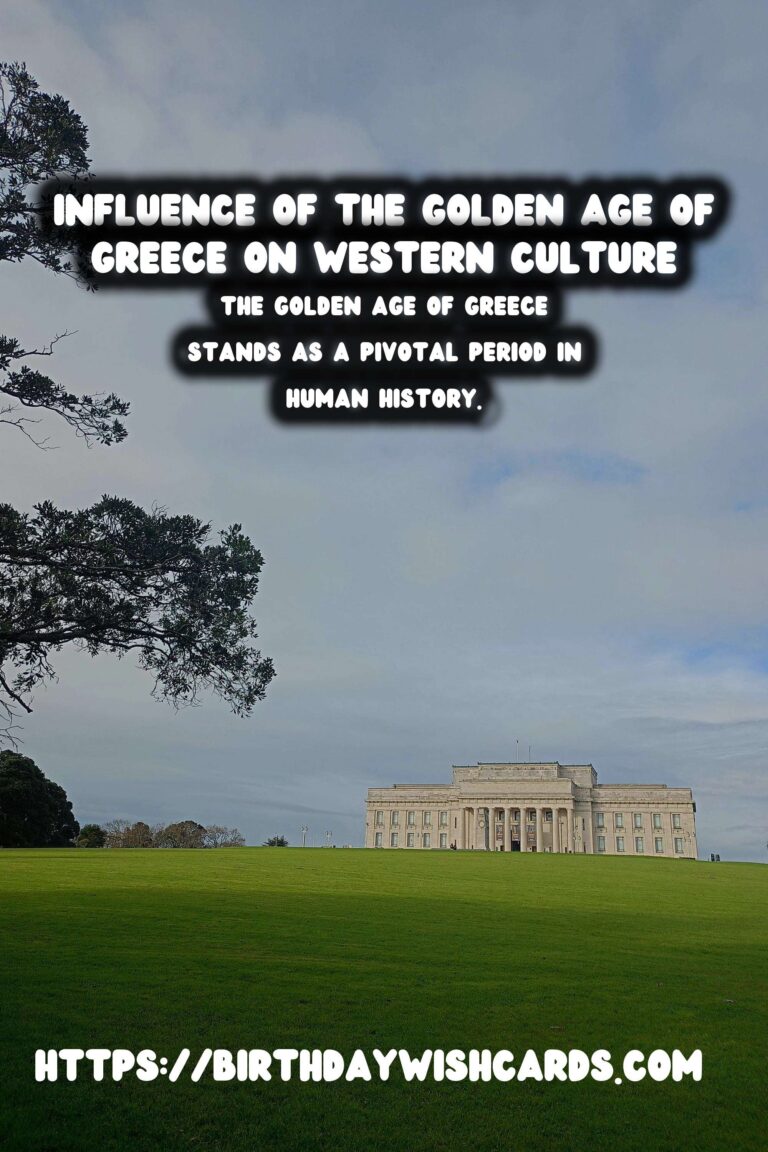
The Golden Age of Greece, often referred to as the Classical Era, stands as a pivotal period in human history. It was a time characterized by unparalleled achievements in art, philosophy, and politics, setting a foundation that would influence Western culture for centuries to come.
A Time of Flourishing Arts and Philosophy
During the 5th century BCE, Athens emerged as a hub of creativity and intellect. It was in this era that remarkable figures such as Socrates, Plato, and Aristotle explored the depths of human thought and ethics. Their work laid the groundwork for Western philosophy, and their teachings continue to be studied extensively.
Meanwhile, the arts flourished with the construction of architectural marvels like the Parthenon, which exemplified the Greek ideals of beauty and symmetry. Sculptors like Phidias and Polykleitos captured the human form with unprecedented realism and dynamism, influencing countless generations of artists.
The Birth of Democracy
Perhaps the most significant political legacy of the Golden Age of Greece is the concept of democracy. Athens was the birthplace of a government by the people, where citizens had a voice in their governance. This radical idea set a precedent for future democratic systems around the world, shaping the political landscape of the modern era.
Despite its imperfections, such as the exclusion of women and slaves, the Athenian democracy planted the seeds for subsequent movements toward equality and civil rights, inspiring thinkers throughout history.
Influence on Literature and Drama
The Golden Age also witnessed the evolution of literature and drama, with playwrights like Aeschylus, Sophocles, and Euripides crafting tragedies that explored complex human emotions and moral dilemmas. These works not only entertained but also offered insight into the human condition, a tradition that continues in modern storytelling.
The epic poetry of Homer, though predating this era, remained influential. Later, the historian Herodotus pioneered historical writing by recording events and societal customs, aiming for accuracy and analysis.
Legacy in Science and Mathematics
The Greek philosophers and mathematicians of this period made significant strides in understanding the natural world. Figures like Pythagoras, Euclid, and Archimedes laid the foundation for modern mathematics and geometry. Their work continues to underpin contemporary scientific and engineering fields.
Moreover, early medical theories advanced by Hippocrates began to move away from superstition, emphasizing observation and logical reasoning, concepts that form the basis of today’s medical practices.
An Enduring Influence
The Golden Age of Greece may have ended more than two millennia ago, but its legacy remains unmistakably ingrained in Western culture. The ideas and cultural achievements from this period continue to be celebrated, studied, and revered worldwide.
In education, the Socratic method stimulates critical thinking, while Greek architecture and sculptures inspire modern design and artistic endeavors. Democratic ideals remain central in political discourse, and the philosophical inquiries of Greek thinkers form the cornerstone of Western thought.
Conclusion
In conclusion, the Golden Age of Greece has far outlived its time, exerting a lasting influence on many facets of modern society. From the way we govern ourselves to the literature that enriches our lives, the Greek legacy is omnipresent. Understanding and appreciating this era is crucial in recognizing the roots of our cultural and intellectual heritage.
The Golden Age of Greece stands as a pivotal period in human history. Athens was the birthplace of a government by the people. 









#GoldenAgeOfGreece #WesternCulture




